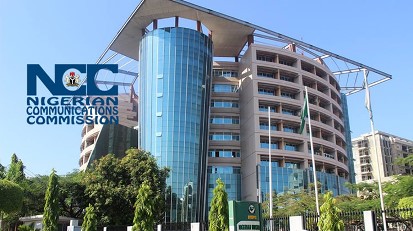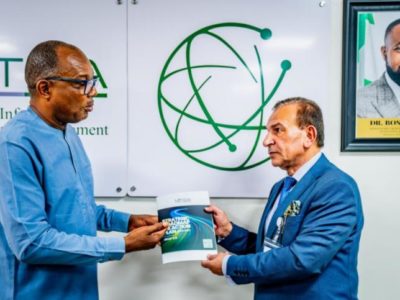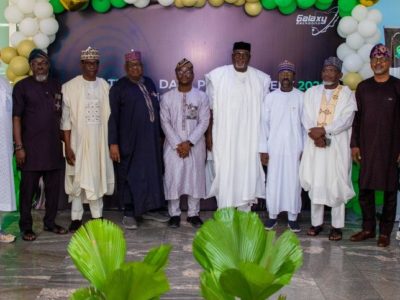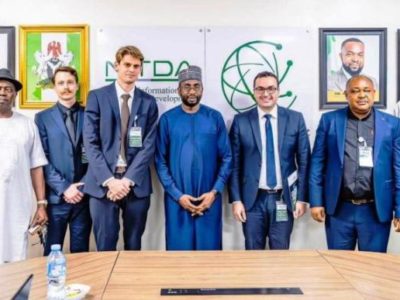By Seun Hassan
The Nigerian Communications Commission (NCC) has introduced a new General Authorisation Framework (GAF). It is designed to open new opportunities for innovation, technology experimentation, and inclusive digital growth.
RELATED: Nigerian telecom industry struggles under burden of multiple regulations and taxes
This landmark regulatory reform is aimed at enabling a flexible, future-ready licensing structure that supports Nigeria’s evolving digital ecosystem.
Dr. Aminu Maida, Executive Vice Chairman and CEO of the NCC, disclosed this during the public presentation of the draft framework. He noted that the traditional licensing regime was no longer suitable for the speed and scope of today’s digital innovations.
“Every day, innovators are expanding the boundaries of possibility—from 5G and AI-powered smart networks to blockchain and fintech applications. These developments are reshaping the telecom landscape and demand a more agile regulatory approach,” Maida said.
A New Regulatory Model for Emerging Technologies
The new General Authorisation Framework introduces three strategic instruments to promote responsible and guided innovation:
- Proof-of-Concept (PoC) Pilots – to validate new technologies and services in real-world scenarios.
- Regulatory Sandbox – offering innovators a safe space to test ideas like Open RAN or dynamic spectrum sharing under controlled conditions.
- Interim Service Authorisation – allowing temporary operations for services not currently captured under existing license categories.
According to Mr. Usman Mamman, Director of Licensing and Authorisation at NCC, the move reflects a recognition of “new technologies, novel business models, and innovative services that don’t fit neatly into our existing frameworks.”
NCC Responds to Stakeholder Concerns
Telecom stakeholders, particularly MTN Nigeria, expressed concern about the framework’s jurisdiction and whether it would extend beyond communication technologies. MTN requested clarity, pointing out that licensees might venture into non-communications-related innovations, which fall outside NCC’s regulatory scope as defined in Section 3(1) of the Nigerian Communications Act 2003.
In response, the NCC clarified that licensees are guided by the specific terms and scope of their licenses. If they wish to go beyond this, the Draft Framework would provide mechanisms for proper regulatory review and approval.
Building a Resilient, Inclusive Innovation Ecosystem
Dr. Maida emphasized that this new approach is not just about compliance but about co-creating an enabling environment for bold ideas to thrive.
“This flexible model encourages both startups and established players to test their ideas safely, assess risks, and innovate responsibly—without compromising consumer protection or public interest,” he said.
He called for stronger collaboration across industry stakeholders to expand the digital innovation value chain, deepen investor confidence, and ensure the benefits of digital transformation are felt across all communities in Nigeria.
“The future of Nigeria’s digital economy is not far off—it is happening now. And the telecom sector is the foundation of this transformation,” Maida added.































